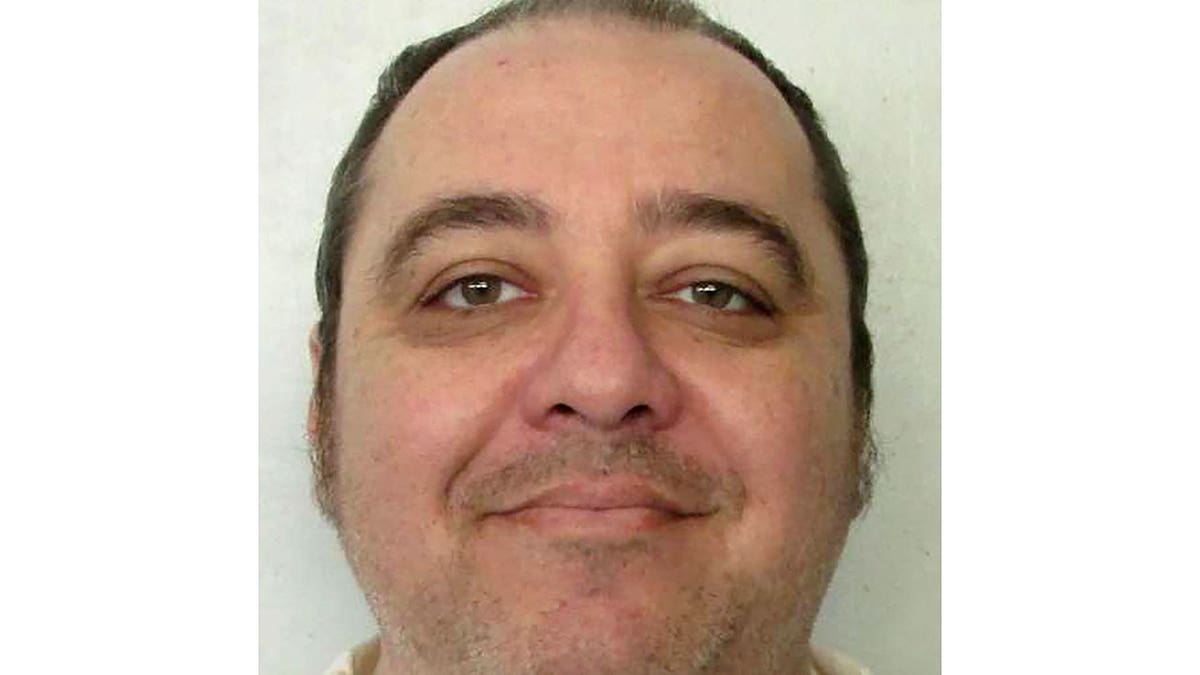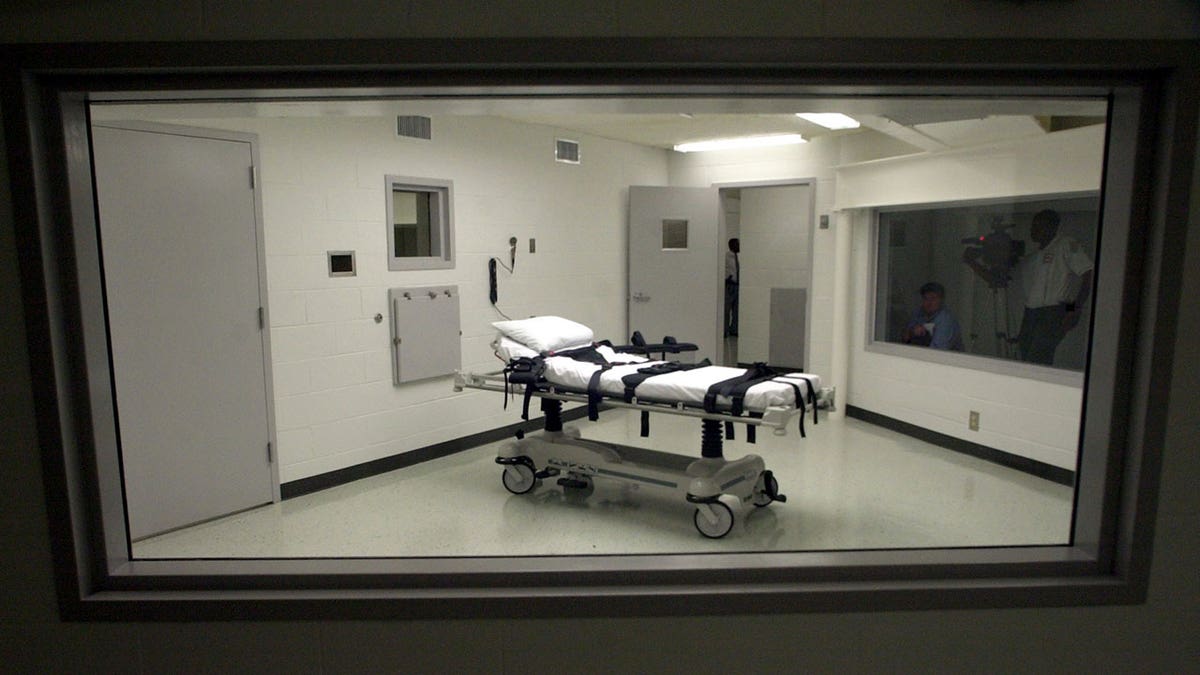Fox News Flash top headlines for January 25
Fox News Flash top headlines are here. Check out what's clicking on Foxnews.com.
Kenneth Eugene Smith, 58, was executed in Alabama on Thursday night with nitrogen gas, a controversial method that causes oxygen deprivation that has been criticized as inhumane, following a failed last-minute legal battle.
Smith, a convicted murderer, was pronounced dead at 8:25 p.m. local time at the William C. Holman Correctional Facility in Atmore.
Prior to Smith's death sentence being carried out, the U.S. Supreme Court ruled for the second time in as many days that the state could proceed with using nitrogen hypoxia to execute Smith, refusing to block the nation’s first execution by a new method since 1982.
Justices Sonia Sotomayor, Elena Kagan and Ketanji Jackson dissented.

Kenneth Eugene Smith was convicted in a 1988 murder-for-hire slaying of a preacher's wife. He was put to death as the first American inmate executed by nitrogen hypoxia. (Alabama Department of Corrections via AP/File)
"Having failed to kill Smith on its first attempt, Alabama has selected him as its ‘guinea pig’ to test a method of execution never attempted before," Sotomayor wrote. "The world is watching."
For his last meal, Smith was served steak, hash browns and eggs, the Alabama Department of Corrections said. He was visited by his wife, his son, two friends and his attorney.
The execution garnered international attention because of its method, which causes the person inhaling the nitrogen gas through a mask to die from a lack of oxygen.
Smith's lawyers argued Alabama was trying to make him the "test subject" for an untried execution method after he survived the state's previous attempt to put him to death by lethal injection.
"There is little research regarding death by nitrogen hypoxia. When the State is considering using a novel form of execution that has never been attempted anywhere, the public has an interest in ensuring the State has researched the method adequately and established procedures to minimize the pain and suffering of the condemned person," Smith’s attorneys wrote.
The defense also argued a second execution attempt is unconstitutional after Smith was one of three Alabama death row inmates who survived a botched lethal injection in 2022.
ALABAMA INMATE WHO SURVIVED BOTCHED EXECUTION FEARS HE ‘WILL FARE NO BETTER’ IN SECOND ATTEMPT

Alabama's lethal injection chamber at Holman Correctional Facility in Atmore. (AP Photo/File)
The 2022 attempt, which lasted over four hours, caused Smith "severe physical pain and psychological torment, including posttraumatic stress disorder," his lawyers said.
The Supreme Court on Wednesday denied Smith's initial request for a stay.
"The application for stay of execution of sentenced of death presented to Justice (Clarence) Thomas and by him referred to the Court is denied," SCOTUS said.
In a statement before he was put to death, Smith and his minister, Rev. Dr. Jeff Hood, said: "The eyes of the world are on this impending moral apocalypse. Our prayer is that people will not turn their heads. We simply cannot normalize the suffocation of each other."
Smith was put to death for his role in a 1988 murder-for-hire plot that killed Elizabeth Sennett. He and John Forrest Parker killed the preacher's wife for $1,000 apiece.
Sennett's husband killed himself a week after the murder.
Parker was executed via lethal injection in 2010.












































